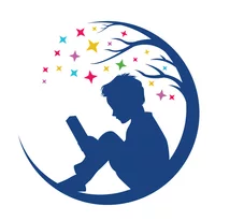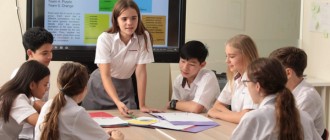A Personal Introduction to this Website
It may seem strange to suggest that “Nothing is really wrong with me” when you”re emotionally upset. Everything seems “wrong” when we feel the heat of anger or cold and deep sadness. Our body tightens, the stomach twists and the heart races. No wonder we worry that we may never get over the invisible wound that seems to go to our inner depths. Because we can”t see the wound it can mysteriously guide our responses. We may blame others or shame ourselves because of a few piercing words. And we feel sick when someone who has been our friend turns away or ignores us.
Even a simple emotional wound, neuroscience research reveals, can become an unforgettable memory since parts of our brain are designed to protect us from further danger. The human brain is often confused because, as we will see, humans have three different coping functions being performed at once by three different types of coping brains.

Welcome to this unique learning center where our job is to understand how our brain functions when we are stressed and upset. The good news is that kids as young as nine are learning how to better manage their powerful, protective brain impulses and interactions. By educating ourselves about how these different coping brain functions work together — and sometimes not — we have an opportunity to strengthen our ability to get over everyday upsets and stress more easily. Learning how our Brain Works is just the first part of our job. We must then reconnect brain circuits that may have gone astray instead of working together as a unit.
You are about to enter an inner adventure, for the more you know about healthy brain-based coping skills, the more likely you”ll use these tools in everyday life. Coping is a skill. Skills take practice to develop. The first step is getting familiar with brain tools that tell us how we think, feel and act when something happens to make us upset. As strange as it seems, there really is nothing wrong with you in these situations. It just feels that way since we haven”t yet learned to name, tame and reframe our pain. Each person develops their unique coping style. I hope that you will use these resources to make new discoveries about how your coping Brain Works and thereby strengthen your coping ability and confidence.
Ronald Brill, Founder and Director
Coping Skills for Kids and Brain Works Project
March, 2008







